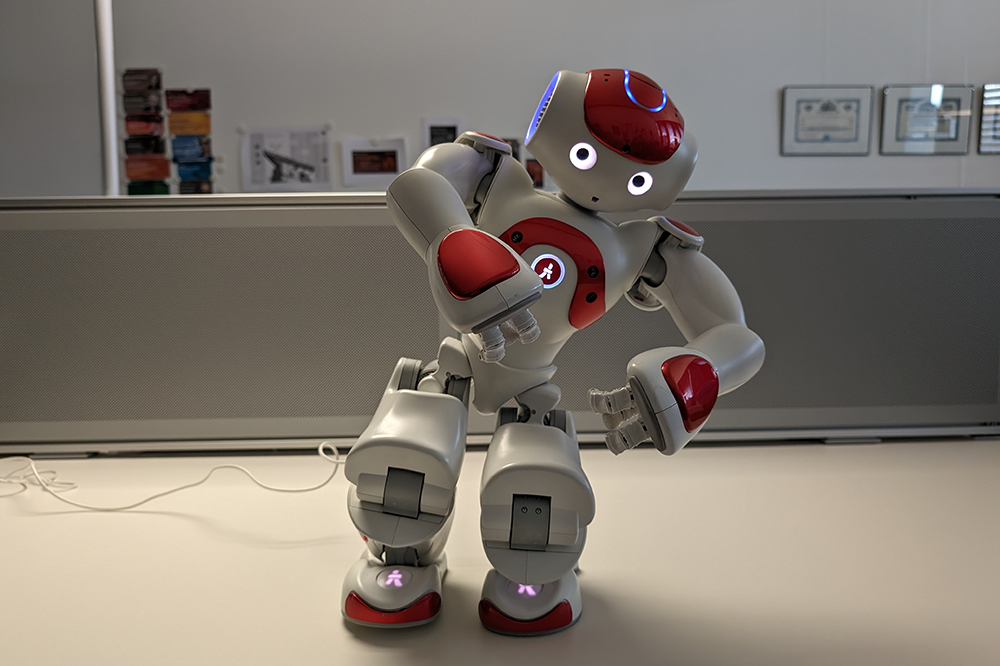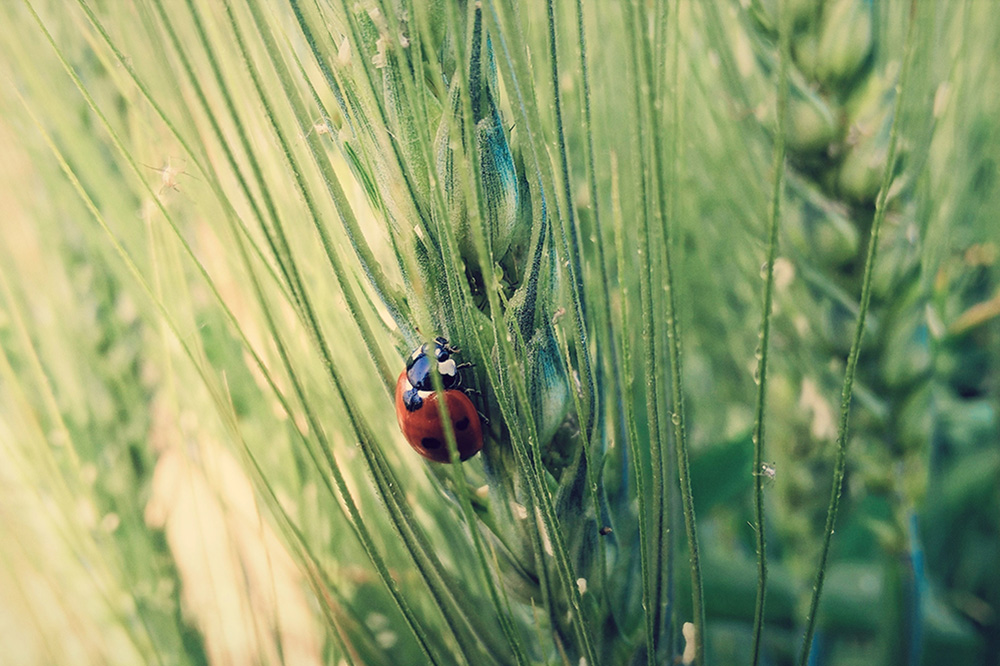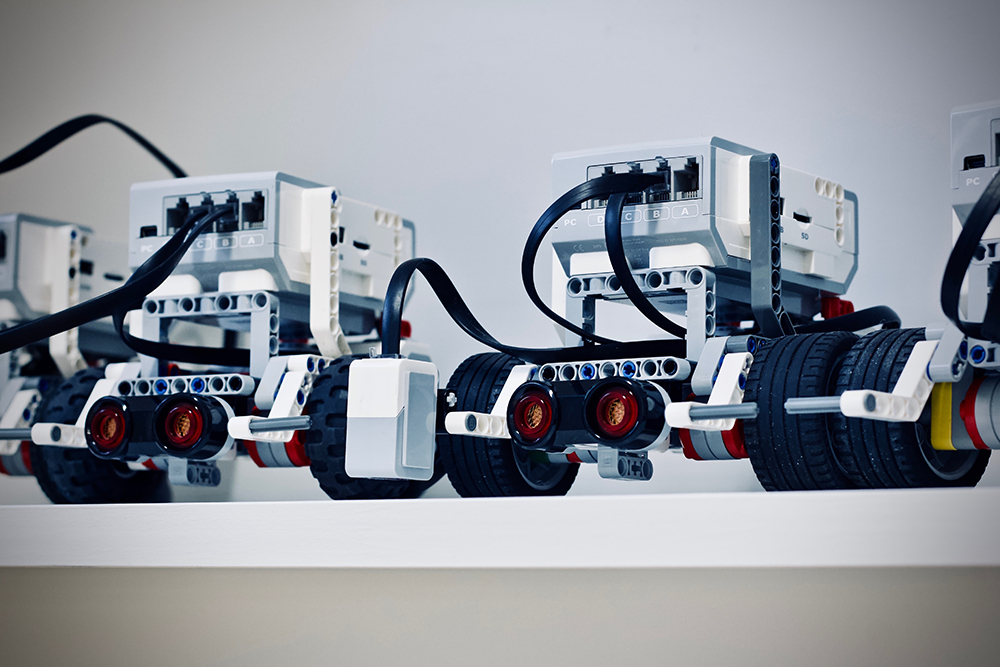Since 2012, on the initiative of Oliver Bendel, 25 concepts and artifacts of machine ethics and social robotics have been created to illustrate an idea or make its implementation clear. These include conversational agents such as GOODBOT, LIEBOT, BESTBOT, and SPACE THEA, which have been presented at conferences, in journals and in the media, and animal-friendly machines such as LADYBIRD and HAPPY HEDGEHOG, which have been covered in books such as “Die Grundfragen der Maschinenethik” by Catrin Misselhorn and on Indian, Chinese and American platforms. Most recently, two chatbots were created for a dead and an endangered language, namely @ve (for Latin) and @llegra (for Vallader, an idiom of Rhaeto-Romanic). The CAIBOT project will be continued in 2024. In this project, a language model is to be transformed into a moral machine with the help of prompt engineering or fine-tuning, following the example of Claude von Anthropic. In the “The Animal Whisperer” project, an app is to be developed that understands the body language of selected animals and also assesses their environment with the aim of providing advice on how to treat them. In the field of machine ethics, Oliver Bendel and his changing teams are probably among the most active groups worldwide.
Moral and Immoral Machines
Since 2012, Oliver Bendel has invented 13 artifacts of machine ethics. Nine of them have actually been implemented, including LADYBIRD, the animal-friendly vacuum cleaning robot, and LIEBOT, the chatbot that can systematically lie. Both of them have achieved a certain popularity. The information and machine ethicist is convinced that ethics does not necessarily have to produce the good. It should explore the good and the evil and, like any science, serve to gain knowledge. Accordingly, he builds both moral and immoral machines. But the immoral ones he keeps in his laboratory. In 2020, if the project is accepted, HUGGIE will see the light of day. The project idea is to create a social robot that contributes directly to a good life and economic success by touching and hugging people and especially customers. HUGGIE should be able to warm up in some places, and it should be possible to change the materials it is covered with. A research question will be: What are the possibilities besides warmth and softness? Are optical stimuli (also on displays), vibrations, noises, voices etc. important for a successful hug? All moral and immoral machines that have been created between 2012 and 2020 are compiled in a new illustration, which is shown here for the first time.
AI Workshop at the University of Potsdam
In 2018, Dr. Yuefang Zhou and Prof. Dr. Martin Fischer initiated the first international workshop on intimate human-robot relations at the University of Potsdam, “which resulted in the publication of an edited book on developments in human-robot intimate relationships”. This year, Prof. Dr. Martin Fischer, Prof. Dr. Rebecca Lazarides, and Dr. Yuefang Zhou are organizing the second edition. “As interest in the topic of humanoid AI continues to grow, the scope of the workshop has widened. During this year’s workshop, international experts from a variety of different disciplines will share their insights on motivational, social and cognitive aspects of learning, with a focus on humanoid intelligent tutoring systems and social learning companions/robots.” (Website Embracing AI) The international workshop “Learning from Humanoid AI: Motivational, Social & Cognitive Perspectives” will take place on 29 and 30 November 2019 at the University of Potsdam. Keynote speakers are Prof. Dr. Tony Belpaeme, Prof. Dr. Oliver Bendel, Prof. Dr. Angelo Cangelosi, Dr. Gabriella Cortellessa, Dr. Kate Devlin, Prof. Dr. Verena Hafner, Dr. Nicolas Spatola, Dr. Jessica Szczuka, and Prof. Dr. Agnieszka Wykowska. Further information is available at embracingai.wordpress.com/.
Artifacts of Machine Ethics
More and more autonomous and semi-autonomous machines such as intelligent software agents, specific robots, specific drones and self-driving cars make decisions that have moral implications. Machine ethics as a discipline examines the possibilities and limits of moral and immoral machines. It does not only reflect ideas but develops artifacts like simulations and prototypes. In his talk at the University of Potsdam on 23 June 2019 (“Fundamentals and Artifacts of Machine Ethics”), Prof. Dr. Oliver Bendel outlined the fundamentals of machine ethics and present selected artifacts of moral and immoral machines. Furthermore, he discussed a project which will be completed by the end of 2019. The GOODBOT (2013) is a chatbot that responds morally adequate to problems of the users. The LIEBOT (2016) can lie systematically, using seven different strategies. LADYBIRD (2017) is an animal-friendly robot vacuum cleaner that spares ladybirds and other insects. The BESTBOT (2018) is a chatbot that recognizes certain problems and conditions of the users with the help of text analysis and facial recognition and reacts morally to them. 2019 is the year of the E-MOMA. The machine should be able to improve its morality on its own.



